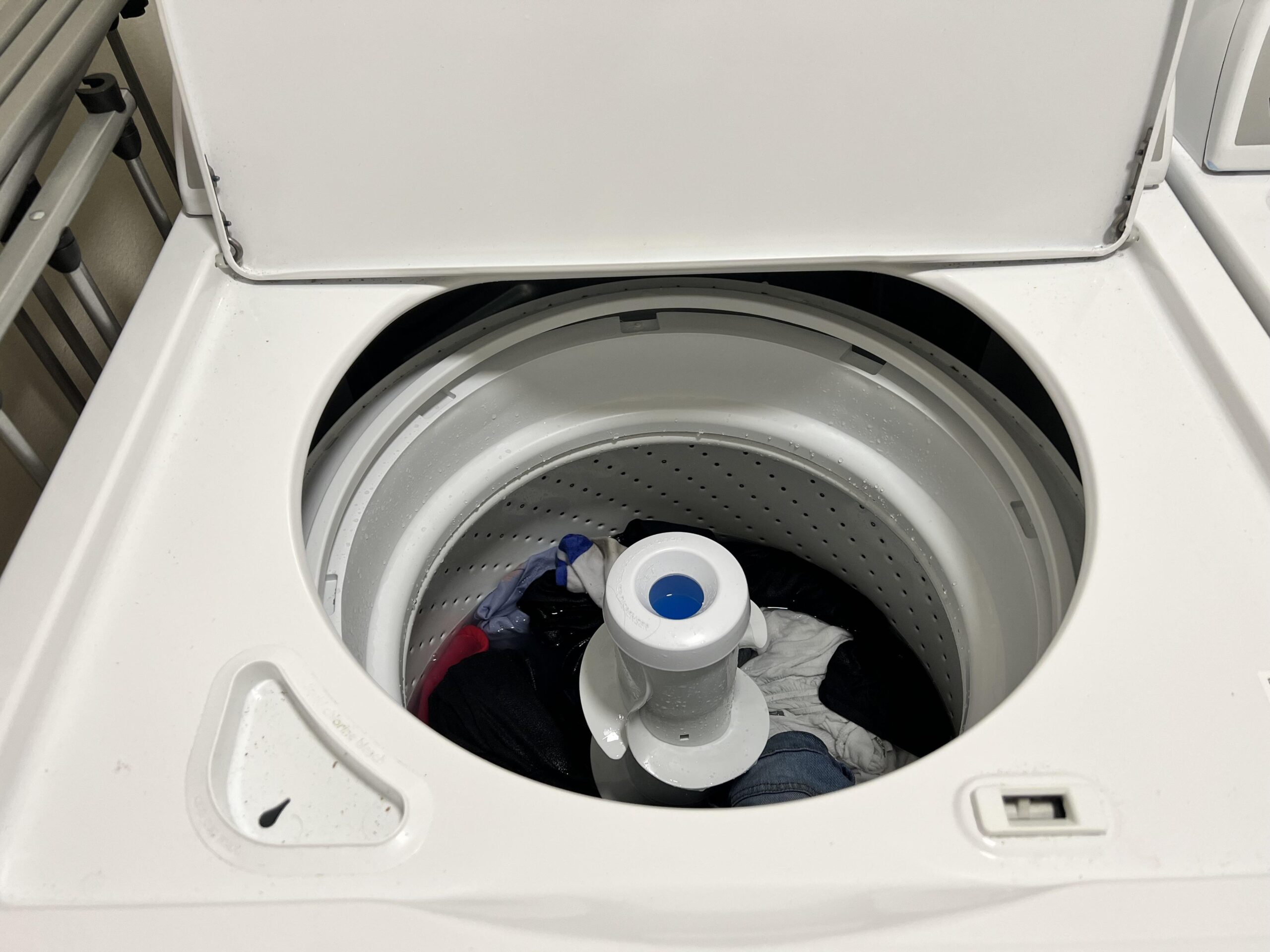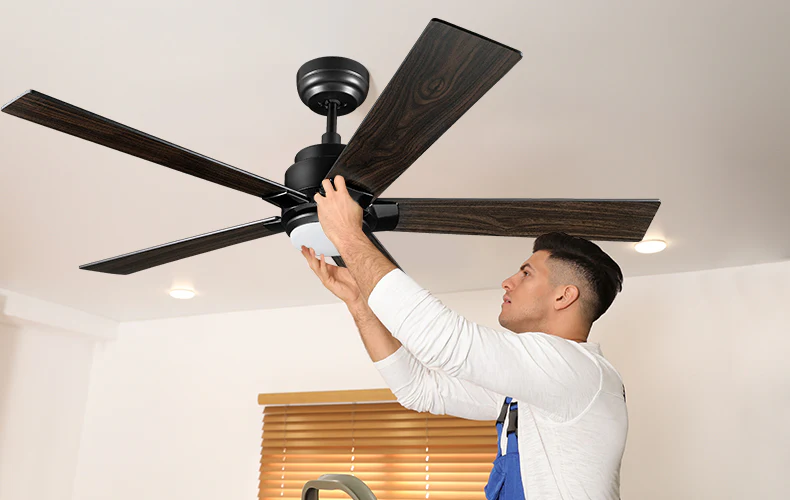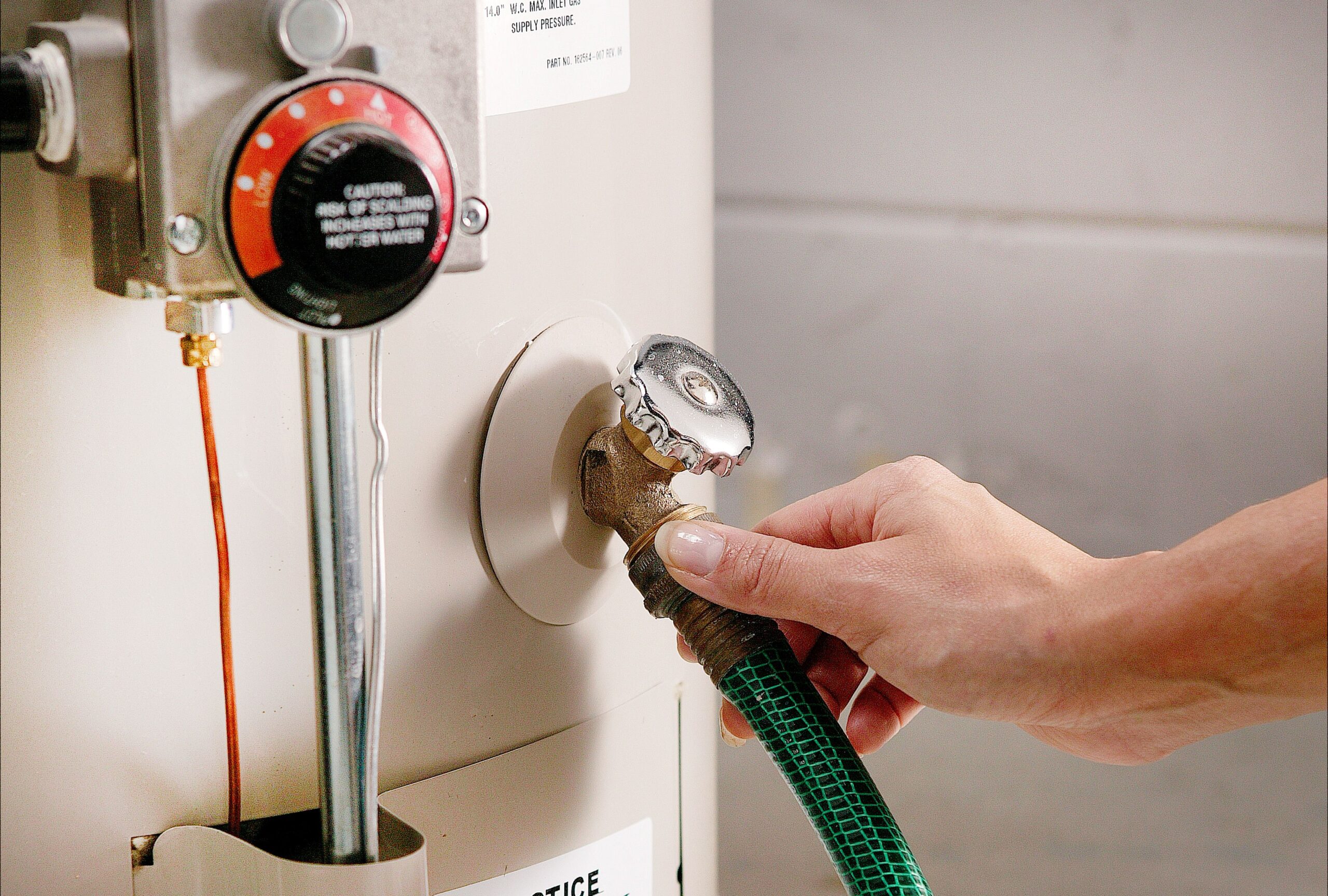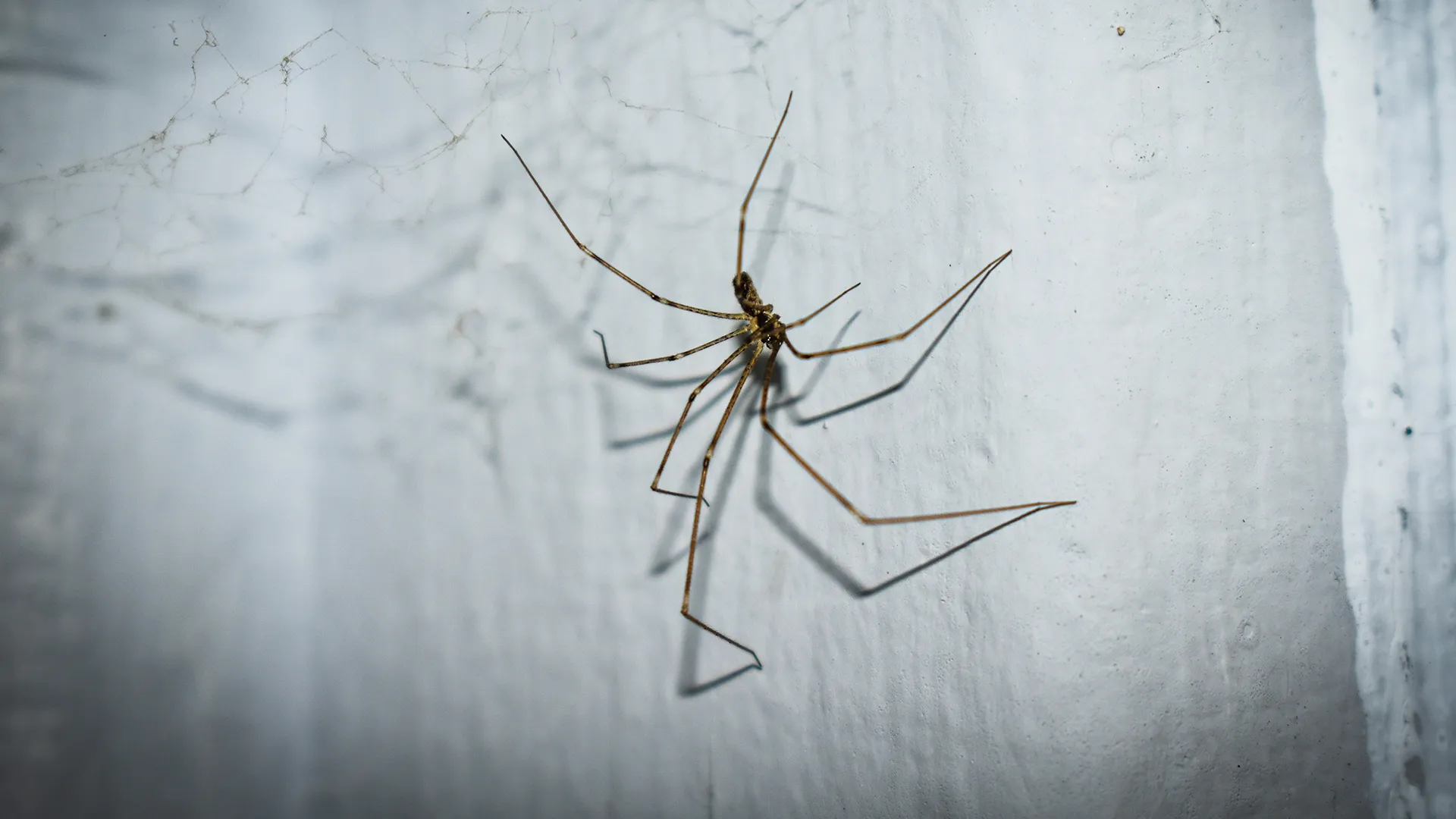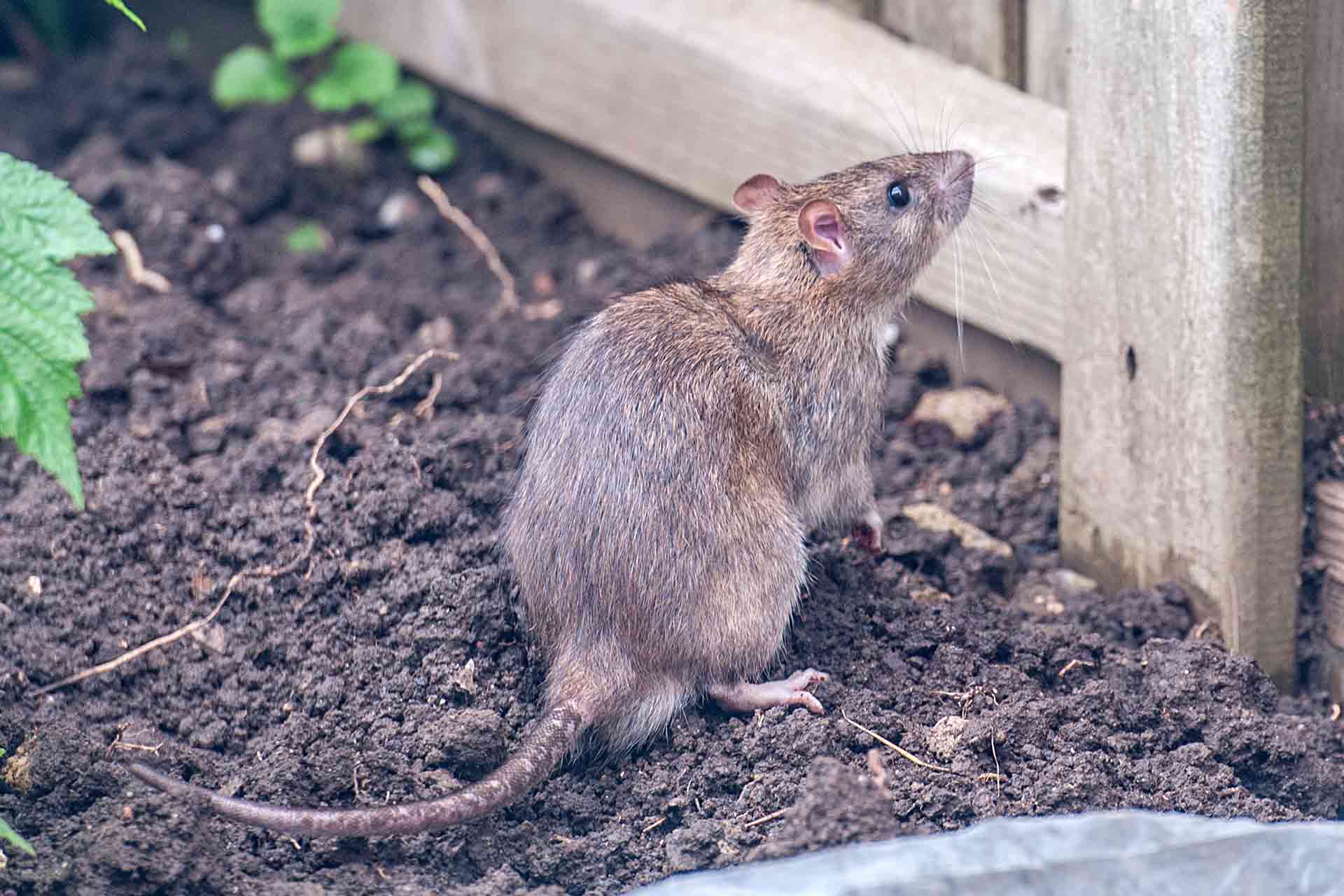Why is My Washing Machine Drum Loose?
Introduction My washing machine drum loose issues can cause excessive noise, inefficient washing, and potential damage to the appliance. Addressing this problem early can prevent costly repairs. Common causes include worn bearings, loose bolts, or an unbalanced load, all of which should be inspected and fixed to keep your machine running smoothly. Common Causes of

